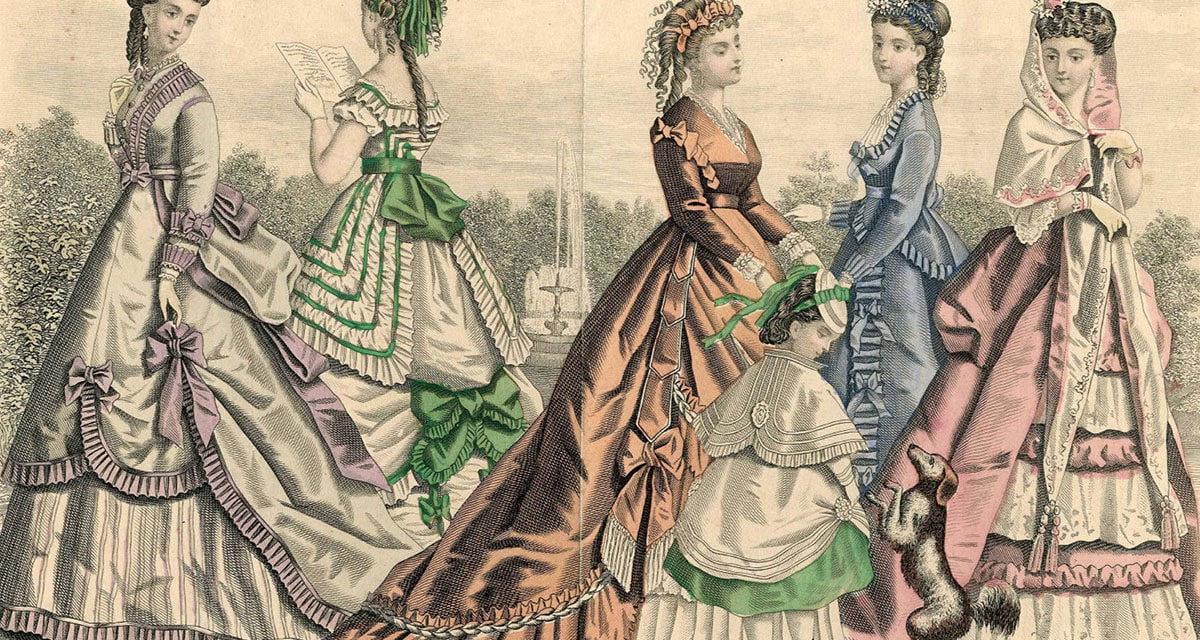
What made 1869 a year to remember? This year was packed with groundbreaking events and milestones that shaped history. From the completion of the Transcontinental Railroad to the opening of the Suez Canal, 1869 was a year of monumental achievements. In science, Dmitri Mendeleev introduced the Periodic Table, revolutionizing chemistry. The women's suffrage movement gained momentum with the formation of the National Woman Suffrage Association. In sports, the Cincinnati Red Stockings became the first professional baseball team. These events, among others, make 1869 a fascinating year to explore. Let's dive into 24 intriguing facts that highlight why this year stands out in history.
A Year of Inventions and Innovations
1869 was a year brimming with groundbreaking inventions and innovations. From transportation to science, many advancements took place that year.
- The Transcontinental Railroad was completed in the United States, connecting the East and West coasts for the first time.
- Dmitri Mendeleev published the first Periodic Table of Elements, organizing elements by atomic weight and properties.
- The Suez Canal opened, creating a direct maritime route between Europe and Asia.
- The first vibrator was invented by Dr. George Taylor, initially designed to treat "female hysteria."
Political and Social Changes
Significant political and social changes also marked 1869. These events shaped the future of many nations and communities.
- The Wyoming Territory became the first U.S. jurisdiction to grant women the right to vote.
- The Meiji Restoration in Japan continued, leading to rapid modernization and industrialization.
- The First Vatican Council convened, defining the doctrine of papal infallibility.
- The Knights of Labor, one of the first significant labor organizations in the U.S., was founded.
Cultural Milestones
1869 was also a year of cultural milestones, with notable contributions to literature, art, and entertainment.
- Leo Tolstoy published his epic novel "War and Peace," which remains a literary classic.
- The Cincinnati Red Stockings became the first professional baseball team.
- Richard Wagner completed his opera "Das Rheingold," the first part of his Ring Cycle.
- Mark Twain published "The Innocents Abroad," a humorous travelogue that became a bestseller.
Scientific Discoveries and Theories
The scientific community made several important discoveries and proposed new theories in 1869.
- Charles Darwin published "The Descent of Man," expanding on his theory of evolution.
- Friedrich Miescher discovered DNA while studying white blood cells.
- Thomas Edison patented his first invention, an electric vote recorder.
- John Wesley Hyatt invented celluloid, the first synthetic plastic.
Notable Births and Deaths
1869 saw the birth and death of several influential figures who left lasting legacies.
- Mahatma Gandhi, leader of the Indian independence movement, was born.
- Henri Matisse, renowned French painter and sculptor, was born.
- Mary Ward, an Irish scientist, became the first person to die in a car accident.
- Franklin Pierce, the 14th President of the United States, passed away.
Technological Advancements
Technological advancements in 1869 paved the way for future innovations and conveniences.
- The first patent for chewing gum was granted to William Semple.
- Dynamite was patented by Alfred Nobel, revolutionizing construction and mining.
- The first bicycle with pedals, known as the velocipede, gained popularity.
- The first commercially successful typewriter, invented by Christopher Sholes, was patented.
1869: A Year of Remarkable Events
1869 was packed with significant milestones. The Transcontinental Railroad connected the East and West coasts of the United States, revolutionizing travel and commerce. Susan B. Anthony and Elizabeth Cady Stanton founded the National Woman Suffrage Association, pushing for women's voting rights. In science, Dmitri Mendeleev introduced the periodic table, a cornerstone of chemistry. The Suez Canal opened, drastically shortening the sea route between Europe and Asia. Mahatma Gandhi was born, who would later lead India to independence. The first issue of Nature magazine was published, becoming a leading scientific journal. These events, among others, shaped the world in profound ways. Understanding 1869 helps us appreciate the progress and challenges of that era. So, next time you think about history, remember how pivotal 1869 was in shaping our modern world.
Was this page helpful?
Our commitment to delivering trustworthy and engaging content is at the heart of what we do. Each fact on our site is contributed by real users like you, bringing a wealth of diverse insights and information. To ensure the highest standards of accuracy and reliability, our dedicated editors meticulously review each submission. This process guarantees that the facts we share are not only fascinating but also credible. Trust in our commitment to quality and authenticity as you explore and learn with us.


